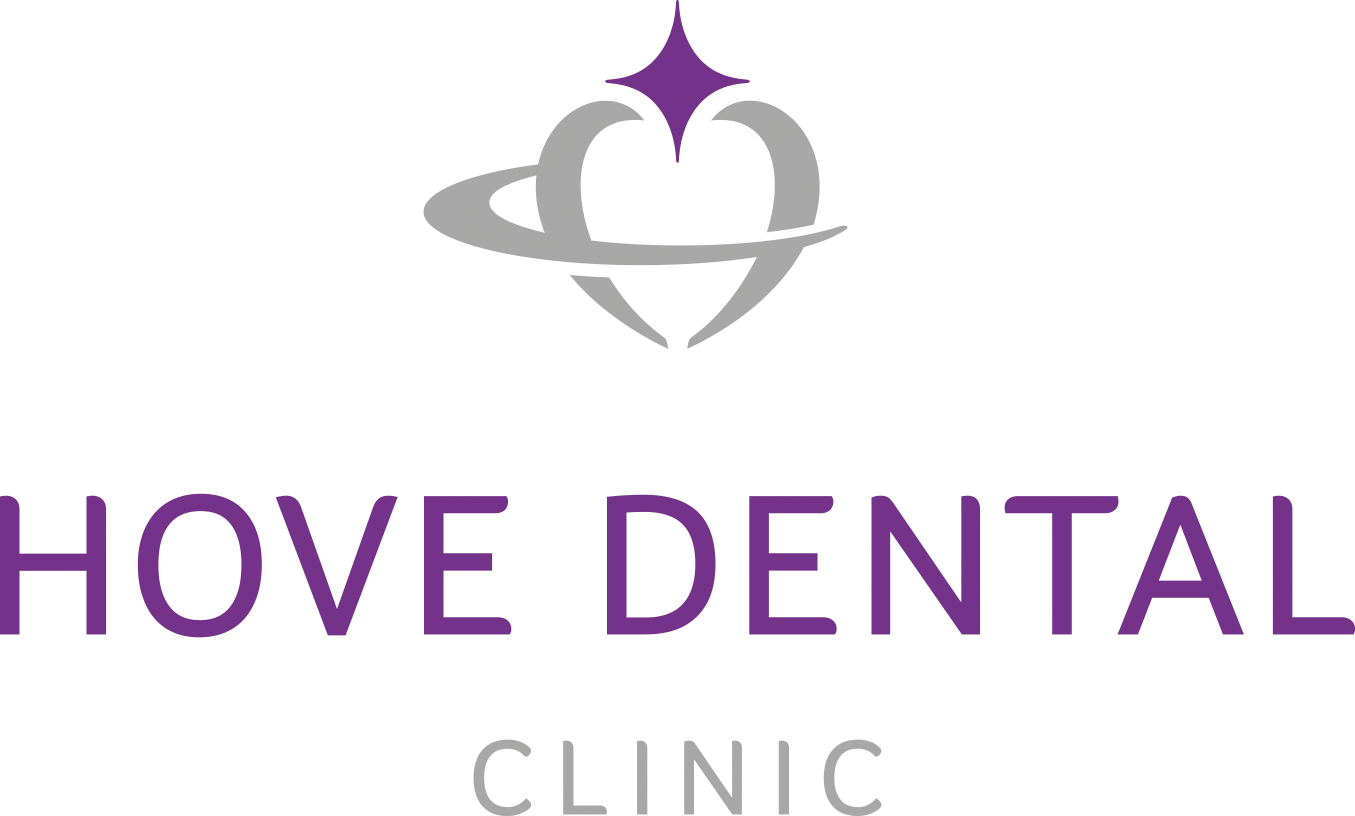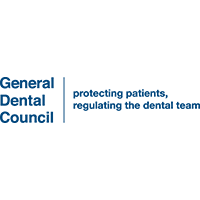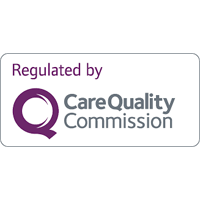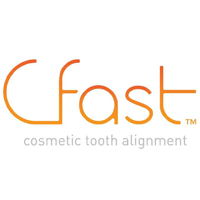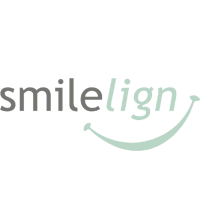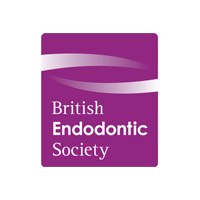Restorative Dentistry
If your tooth needs filling or restoring, we can provide a range of procedures to bring them back to their original look. We also have various protective and preventative treatments to increase tooth strength and long-term health of your teeth.
Why Should I Consider White Fillings?
Most people have fillings of some kind in their mouths. Nowadays fillings are not only functional, but can be natural looking as well. Most people don’t want silver fillings that show when they laugh or smile because they are self-conscious about the way they look.
Are White Fillings as Good as Silver Amalgam Fillings?
White fillings have always been considered less long lasting than silver amalgam fillings. However, there are now new materials available with similar properties to silver amalgam – and these are proving to be very successful. The life expectancy of a white filling can depend on where it is in your mouth and how heavily your teeth come together when you bite. Your dentist can advise you on the life expectancy of your fillings.
Is It Worth Replacing My Amalgam Fillings With White Ones?
It is usually best to change fillings only when your dentist decides that an old filling needs replacing. If so you can ask to have it replaced in a tooth-coloured material. If the size of the existing cavity is too large, then filling may not be the best option. One way around this would be to use crowns or inlays, but this can mean removing more of the tooth and may be more expensive.
What Are Tooth-coloured Fillings Made of?
White filling materials can vary, but they are mainly made of glass particles, synthetic resin and a setting ingredient.
Are There Any Alternatives to Fillings?
Adhesive dentistry is another form of treatment. This involves bonding the filling to the tooth. This means your dentist has to remove less of the tooth, which is better for preserving healthy teeth.
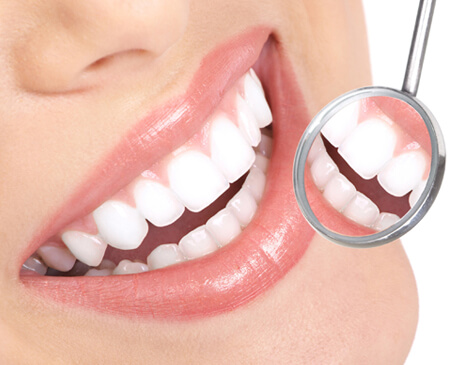
Hygiene
We work together with the dental hygiene clinic, which is based at the same location, to ensure that we keep your gums healthy and your teeth sparkling. Alternatively, your dentist can also perform a scale and polish as needed.
Tooth Extraction
We always try and keep a tooth if possible. However, when a tooth has suffered significant damage and can no longer be saved, or is at risk of damaging other teeth or your gums, we can remove it for you.
Endodontic and Root Canal Treatments:
The purpose of the root canal procedure (also known as endodontic treatment) is to rid a tooth of infection.
Once there is an infection in the the tooth, there are two options to remove the bacteria:
Tooth Removal or Root Canal Treatment
The bacteria inside the tooth is removed to prevent infection reoccurring. A root canal treatment, when done properly under the right circumstances, is a painless procedure with a high chance of success.
Root canal treatments help to save millions of teeth each year, relieving the patients from tooth pain. To understand how this procedure is conducted, you need to know a little bit about the tooth anatomy.
There is a soft tissue inside every tooth, which is called the pulp. This section is under the white enamel and is protected by a hard layer called dentin. The soft pulp contains blood vessels and nerves that are essential for root development of teeth. If the pulp becomes infected or inflamed due to factors such as decay, cracks, chips, damaged crowns and repeated unadvised procedures, it may cause severe pain and an abscess.
In an adult with fully-developed teeth, there is no need for pulp as the teeth continue to be nourished by the surrounding environment.
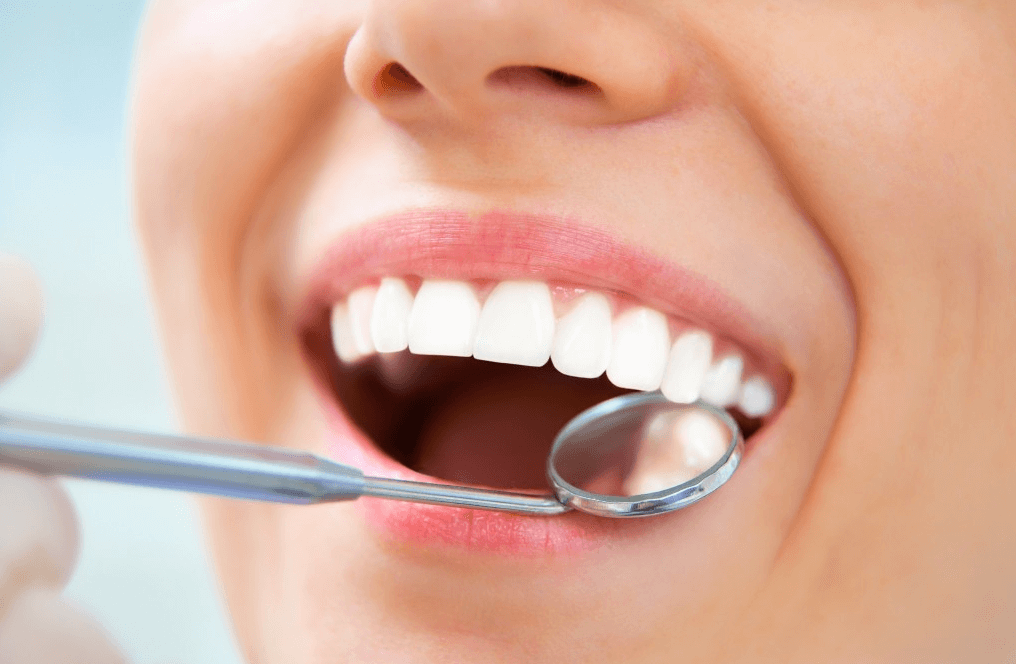
What Are Advantages of Root Canal Treatments?
Maintaining the natural look of your teeth
Restoring your chewing and biting force
Protecting neighbouring teeth from excessive strain
Enabling affected teeth to last as long as other healthy teeth
Eliminating the need for on-going dental visits should the treatment be successful
Dentures
If you have missing teeth, we can provide a removable set of artificial teeth – either complete or partial – made to replace the natural teeth you have lost, which will restore the appearance and oral functions.
Teeth Grinding
Do you ever wake up with sore teeth and an achy jaw? You could be suffering from bruxism, which is also known as teeth grinding. Bruxism typically happens unconsciously at night during sleep, but it can also occur during the day. It manifests as clenching and rhythmic contractions of the jaw muscles.
What Are the Symptoms?
- A grinding sound during sleep
- Headache
- Facial pain
- Tight or painful jaw muscles
- Swollen facial muscles
- Temporomandibular joint (TMJ) disorders
- Stiff or achy shoulders and neck
- Ear pain
- Injured gums, tooth fractures and eventual tooth loss
What Are the Causes?
- Stress, anxiety and anger
- Heavy smoking and alcohol consumption
- Caffeine
- Depression, as well as certain antidepressants such as Prozac, Zoloft, and Paxil
- Sleep disorders
- A complication of Huntington’s or Parkinson’s disease
- Missing, broken, or misaligned teeth
What does treatment involve?
Many people living with bruxism find their condition mild enough that it doesn’t require treatment, but it’s important to let your dentist know so they can look out for damage to the tooth enamel. Visit Hove Dental Clinic for a comprehensive evaluation of your condition. We’ll develop a personalised treatment plan to put an end to your teeth grinding and restore your oral health.
You may be given an occlusal appliance (a custom-made mouthpiece) to wear to protect your teeth and reduce jaw muscle pain. This appliance may be called a splint, bite guard, night guard or bruxism appliance. These appliances are usually worn during the night as you sleep.
If your bruxism is caused by a sleep disorder, a mandibular advancement device can be used to bring your lower jaw forward.
Alternatively, if your lifestyle is the cause of bruxism, it’s important for you to find ways to improve your quality of life. Reducing or eliminating alcohol, cigarettes and caffeine will help.
Stress, anxiety and other negative emotions can be managed with regular exercise, meditation, relaxation techniques and hypnosis. You can also try relaxing your jaw muscles before sleep by holding a warm washcloth to your cheek in front of your earlobe.
Do you need treatment for teeth grinding in Hove? Contact us to book an appointment today, and let one of our skilled and experienced dentists help you.
